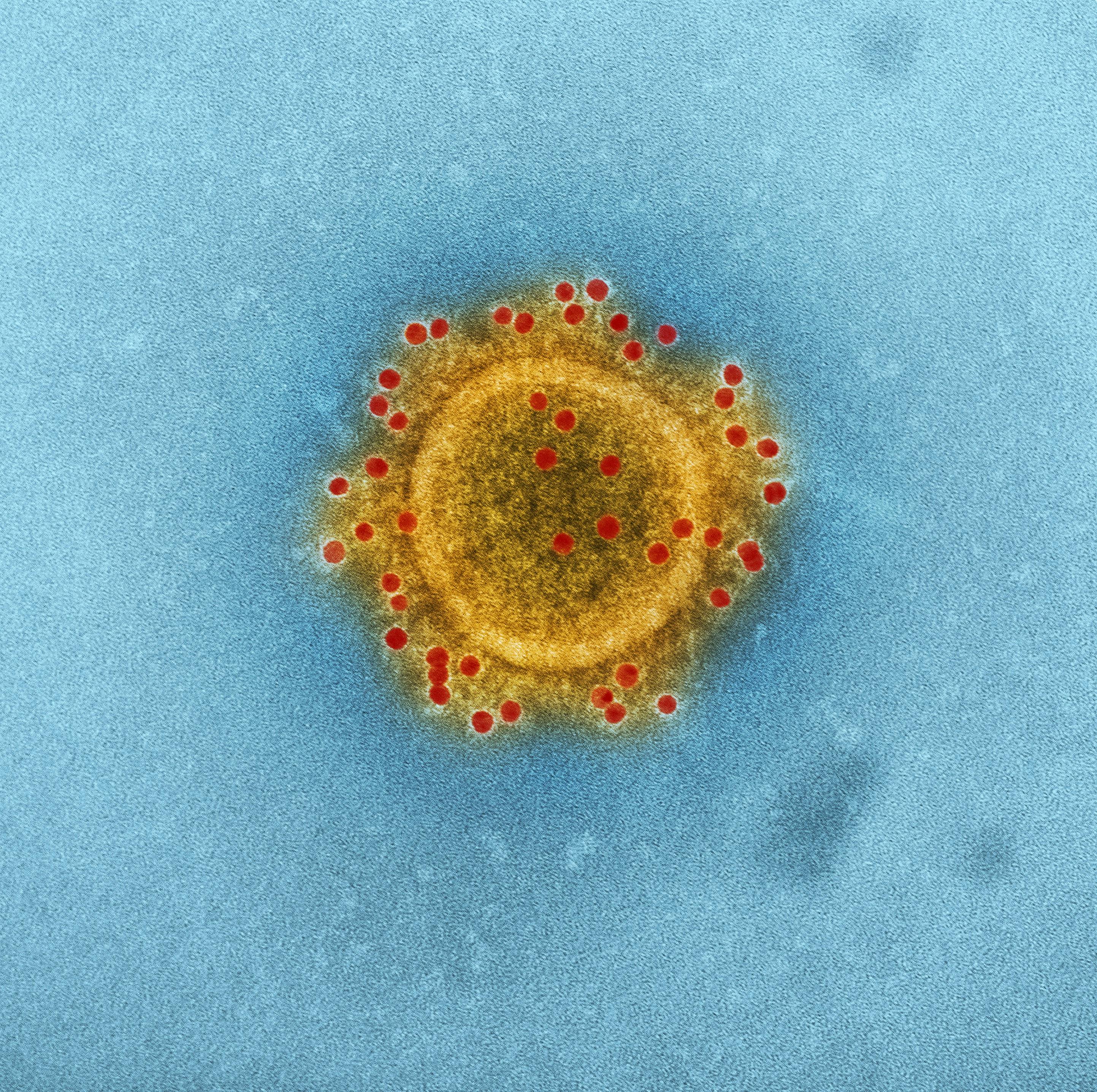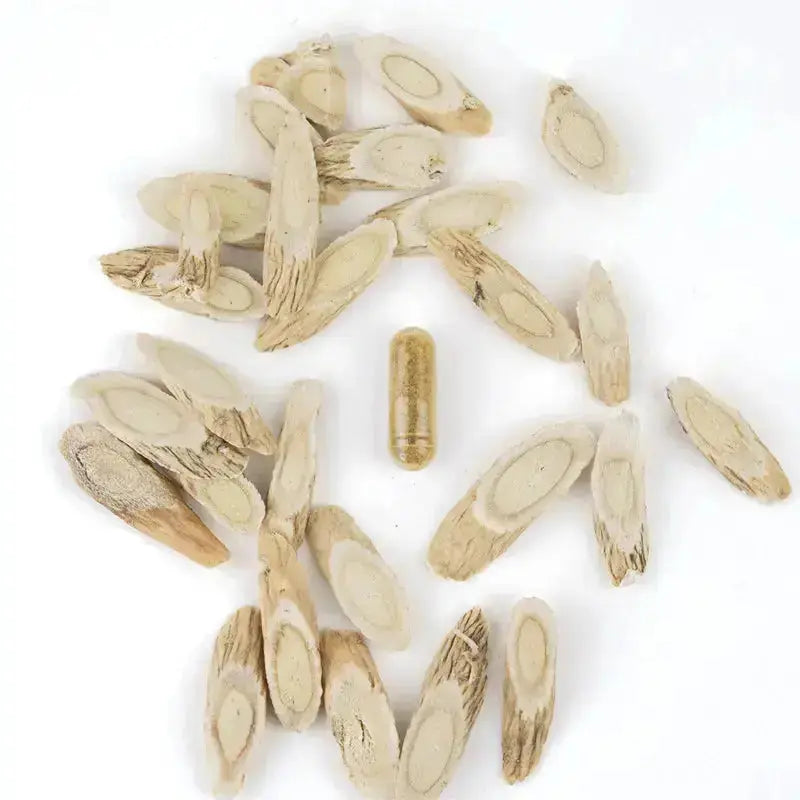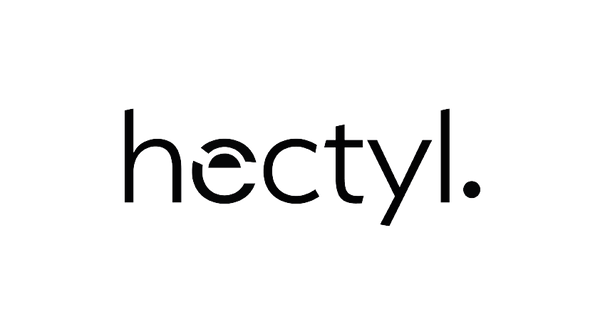
ingredient sheet
ZINC BISGLYCINATE (ZINC)
Zinc bisglycinate, a highly bioavailable form of chelated zinc, is valued for its beneficial properties for the skin, including its role in regulating cellular metabolism, wound healing and managing skin imperfections, thereby supporting healthy, glowing skin.
HECTYL INFORMS YOU
THE BENEFITS OF ZINC

ANTIVIRAL
Despite mixed results observed in recent years, a systematic review published in 2011 finally concluded that zinc could reduce the duration and severity of cold symptoms, provided it was administered within 24 hours of the first symptoms appearing. Furthermore, when taken preventively for at least 5 months, zinc could reduce the incidence of colds as well as the number of antibiotics prescribed in children. However, the researchers emphasize that the long-term effects of such zinc intake in growing children are still unknown.
Zinc formulations vary considerably (syrup, lozenges, tablets) as do the dosages used in clinical trials, making it difficult to determine the most effective dosage. Some researchers suggest that some lozenges may be ineffective due to the form of zinc used or the sweetener chosen to mask the metallic taste of zinc. This observation may partially explain the mixed results observed in some clinical trials. Only zinc gluconate and acetate are thought to possess antiviral activity, while dextrose, sucrose, and mannitol are considered acceptable sweeteners. In contrast, citric and tartaric acids may inhibit the antiviral activity of zinc, and the impact of glycine as a sweetener remains ambiguous.
ANTI-ACNE
Several studies conducted in the 1970s and 1980s suggested that zinc supplementation could reduce the number of lesions in patients with acne. More recently, an uncontrolled clinical study showed that zinc gluconate taken for 3 months was effective against acne in 67 subjects. In a double-blind, placebo-controlled study of 332 participants, a dose equivalent to 30 mg of elemental zinc daily in the form of zinc gluconate for 3 months reduced the number of lesions by 75% in 31% of participants. However, the oral antibiotic (minocycline in this case) was significantly more effective, reducing the number of lesions in 63.4% of participants.
Additionally, topical application of a preparation containing an antibiotic (usually erythromycin 4%) and zinc acetate may also reduce acne symptoms, although these products are available by prescription only.
PREVENTION OF MUSCLE DEGENERATION
Four epidemiological studies have examined the association between dietary zinc intake and the prevention of age-related macular degeneration. Two of these studies reported a positive correlation between zinc intake and the prevention of this condition. One study found a null association, meaning it did not observe a significant association between zinc intake and macular degeneration. Finally, another study found an inverse correlation, suggesting that higher zinc intake levels may be associated with a lower prevalence of macular degeneration.
GENERAL IMMUNITY
Researchers observed that even mild zinc deficiency could have a significant effect on several aspects of immune function in humans. Three double-blind, placebo-controlled trials were conducted in people aged 55 and older to assess whether long-term zinc supplementation (from 6 months to 2 years) could boost their immunity. The dosages used and the duration of treatment varied between studies, and the results obtained were conflicting.
CARDIOVASCULAR AID
Data published in May 2004 from the Age-Related Eye Disease Study (AREDS) suggest that zinc supplementation may have reduced the number of deaths attributable to cardiovascular disorders. However, the dosages used in this long-term trial were 80 mg of zinc per day, which far exceeds the maximum intake recommended by the US and Canadian authorities, which is 40 mg per day (see Precautions section).
ANTIOXIDANT
Data published in May 2004 from the Age-Related Eye Disease Study (AREDS) suggest that zinc supplementation may have reduced the number of deaths attributable to cardiovascular disorders. However, the dosages used in this long-term trial were 80 mg of zinc per day, which far exceeds the maximum intake recommended by the US and Canadian authorities, which is 40 mg per day (see Precautions section).
Collapsible content
ADDITIONAL INFORMATION +
Zinc is an essential trace mineral, present in very small amounts in the body, totaling about 2 grams in total, 65% of which is found in muscles and 20% in bones. It is widely distributed throughout all cells, including the adrenal glands, skin, parts of the brain, pancreas, eye membranes, prostate, and sperm.
Zinc plays a vital role in many physiological functions. It is involved in growth, immune response, neurological, and reproductive functions. As a cofactor in over 100 enzymatic processes (some experts count as many as 300), zinc is involved in the synthesis of DNA, RNA, and proteins, as well as in wound healing, reproduction, and growth. It also contributes to mood modulation, learning, vision, taste, smell, blood clotting, thyroid function, and insulin metabolism.
Typically, the body absorbs between 15% and 40% of the zinc found in food. Oysters are the richest source of zinc, but most meats and nuts also contain significant amounts. Legumes and whole grains are also good sources of zinc.
Although the body requires very little zinc, its intake is essential. In modern societies, mild zinc deficiencies are common, particularly among women, adolescents, children, and the elderly due to poor diets. Pregnant women are particularly vulnerable because infections can decrease their zinc levels, which can be dangerous for the fetus. Other factors, such as modern agricultural practices that deplete soil zinc and the refining of grains, also contribute to reducing the zinc content of foods.
Vegetarians should ensure they get enough zinc by consuming adequate amounts of whole grains, legumes, nuts, and seeds, as the best sources of zinc come from animal foods.
People at increased risk of zinc deficiency include alcoholics, diabetics, people with kidney or digestive disorders such as Crohn's disease, and people living with HIV.
Zinc deficiency, common in developing countries, can lead to decreased immune function, growth retardation, impaired sense of smell and taste, reduced male fertility, skin problems, diarrhea, depression, weight loss, irritability, and apathy.
Hectyl ingredients
Hectyl formulas, reliable solutions based on patented ingredients and benefits supported by scientific studies.
Hectyl formulas containing Zinc :

Hectyl
Jouvence Anti-Aging DNA Protect – Cell Protection & Prevention
Share







